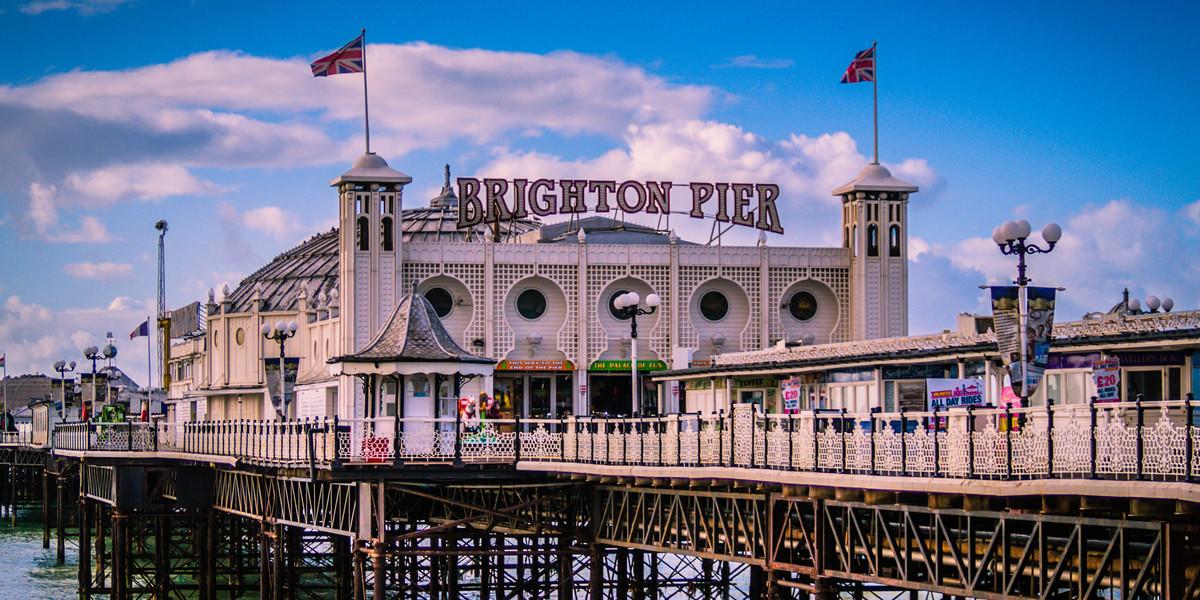This year’s A-Level results are set to be released in England and Wales on Thursday. For many thousands of teenagers, the results they receive will determine their next destination.
According to the Department for Education, nearly three in five (59%) of A-Level students went on to university after completing their schooling in 2015. Most school leavers this week will be finding out which institution they will complete their further education in, or indeed whether they will need to go through clearing or think of an alternative to higher education.
And those alternatives are getting more popular. Six per cent of A-Level students in 2015 went down the apprenticeship route after school, not a significant figure, but up from four per cent on the 2013 figures. Apprenticeships are receiving a great deal more attention this year with the Government committing to three million apprenticeship starts by 2020 and businesses being incentivised to take apprentices on.
And then there are those budding entrepreneurs who have gone straight into setting up their own business, having had a spark of inspiration to do so. Or those people lucky enough to work for (or even inherit) their family’s business.
This week, Informi has conducted research into the wealthiest UK individuals and partnerships who did not do a degree after completing their schooling. There are 13 billionaires on the list, all of whom appear on the Forbes Rich List 2017, and who collectively hold a fortune totalling £45.5 billion.
Here, we profile the top five, looking at how they came to make their billions and be a business success without heading down the university route.

5. Philip Green
Undoubtedly the most controversial figure on our list, Green – while technically still Sir Philip – became the first person in history to have Members of Parliament vote to cancel and annul his knighthood, something that the Honours Forfeiture Committee is still considering.
Green inherited his family’s business aged 12, and at 15 left boarding school to work initially for a shoe importing business. Aged 21, he set up his first company importing jeans from the Far East, and later became Chief Executive of discount retailer Amber Day, prior to purchasing the Arcadia Group. Green, now 65, has a net worth of £3.8 billion.

4. Sir Richard Branson
A man who needs little introduction. Branson struggled with dyslexia at school and had poor academic performance – his headmaster telling him that he would either become a millionaire or end up in prison. He started a mail-order records business, ‘Virgin’, undercutting the prices of established High Street outlets. The first Virgin store was opened in Oxford Street in 1971.
Virgin’s success has been down to its ability to expand and diversify. Record label Virgin Records was started in 1972, before Branson launched Virgin Atlantic Airways in 1984, Virgin Trains in 1997, and Virgin Mobile in 1999, among other business ventures. He is now said to be worth £3.9 billion.

3. David and Frederick Barclay
Two more Knights of the Realm, the Barclay Brothers left school aged 16 to work in the accounts department at the General Electric Company, before setting up a small business as painters and decorators. They opened Candy Corner, a tobacconist and confectioners in Kensington, in the late 1950s, but it wasn’t until ten years later when they opened their first hotels, redeveloping old boarding houses in London.
During the 1970s and 1980s, the Barclay Brothers built up stakes in a variety of different businesses, including hotels, breweries and casinos.












